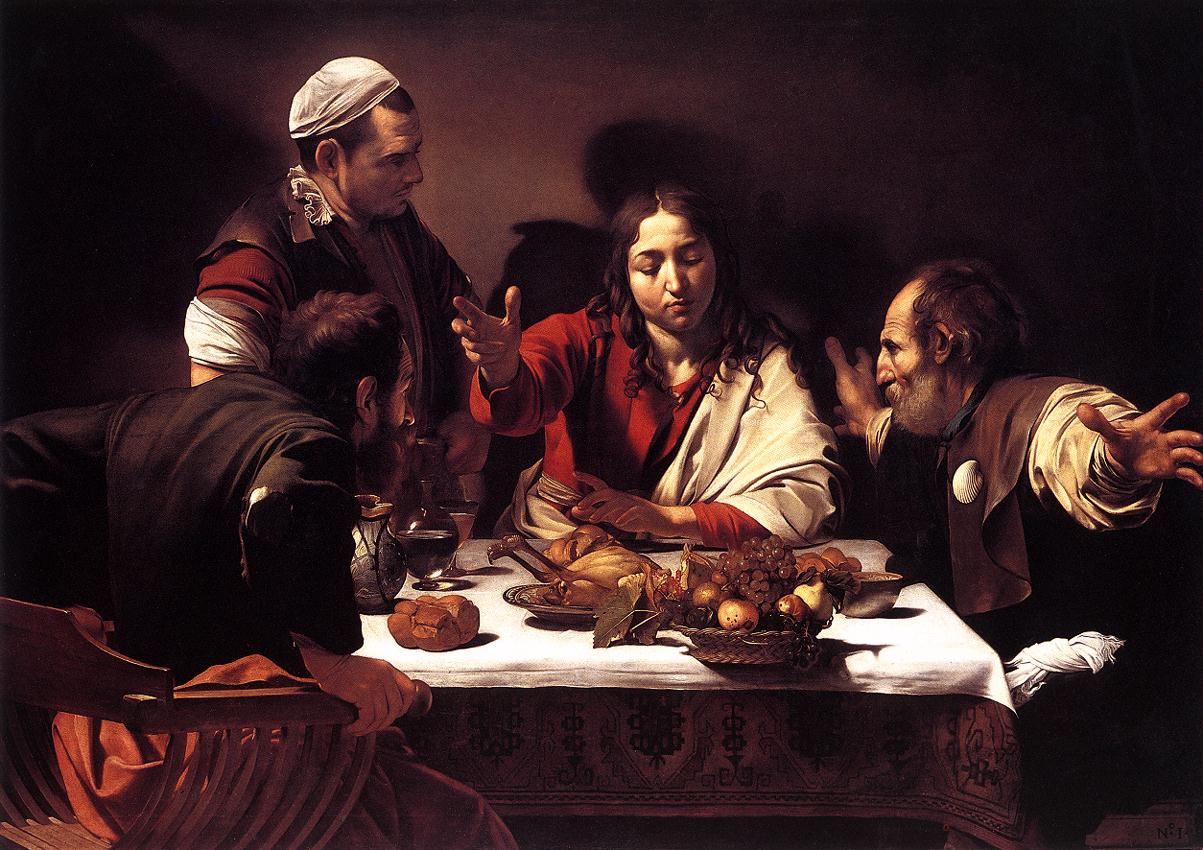For all that I fire potshots at Protestantism, I really do believe there is very little that divides us, and very much that Catholicism can and must learn from Protestantism. (See: Why Faithful Catholic Priests Should Be Good Lutherans; Is The Future Of Catholicism Protestantism? I Hope So)
The paradox of ecumenism is that as little as there is that divides us, we still find ways to divide ourselves. Can I be crass for a moment? I’m sure some will find that perspective hopelessly pragmatic and unspiritual, but there’s about as many Catholics as there are from every other denomination put together, and the Church is growing as fast as any other “branch” of Christianity, especially in the mission lands. Given this fact, and given Catholicism’s self-understanding and history, I think that non-Catholic Christians who sincerely believe in Christian unity (and not all of them do) should make peace with the fact that if some semblance of Christian unity is to be achieved in our lifetimes or the lifetimes of our grandchildren, then it will be through something that looks a heck of a lot like what the Catholic Church does, including with a man with the title of Bishop of Rome as its visible head. It might be different in many ways, but it will still look very much like Catholicism. Certainly the Orthodox have made their peace with that idea, for all their (often very legitimate!) continuing reservations with union with the Catholic Church. And after all, today many Christians with very “Evangelical” “style” and theology find a way to be in communion with the historically and constitutionally “Catholic-style” Anglican Communion. Again, maybe this argument is crassly pragmatic, but you can call it reading the signs of the times.
Surprisingly given the bombs I sometimes throw, I do think there is actually very little doctrine that separates us. There are actually quite a few versions of “justification by faith alone” that Catholics can affirm (See: Against Justification). For all that I gnash and trash at Calvinism and predestination, Catholics can actually affirm quite a lot of it (thanks, Augustine! I guess), though not all. Catholics can never affirm “Sola Scriptura”, because it is unbiblical, and Protestants will just have to have a Come-to-Jesus experience (literally) on that one.
I actually think that, and I’m not sure it’s even appropriate to call it a doctrine in this context, I think that the fact of the Eucharist is actually what divides us. Which is tragically ironic given what a symbol of unity it is supposed to be. But if what the Church says about the Eucharist is true, then what the Church says about itself must be true, and if what the Church says about the Eucharist is true, then it is impossible not to be part of the Church.
Going from “generic” Christian belief to belief in the Real Presence, “crass” though it is, in N.T. Wright’s words (and it is indeed very crass, almost as crass as worshipping a man dying on a cross), is almost a similar leap to going from nonbelief to Christianity. It is a scandal to the Jews and folly to the Protestants. Just like the idea of YHWH becoming a man and dying on a Cross shocked the 1st century Jews, the idea of Jesus being truly present in a wafer shocks many Christians. Yet if Jesus is truly present in the Host, then God really is incarnate, Emmanuel, dwelling among his people, like in the Sinai, like in the Temple. If Jesus is truly present in the Host, then God really did create a good creation. If Jesus is truly present in the Host, then all docetism is impossible (though isn’t denying the reality of the Real Presence, in the face of the scriptural texts, a bit of a docetism? If the body of the bread and the blood of the wine is only some sort of spiritual presence, then why would God need to become a man rather than just appear to be one?). If Jesus is truly present in the Host, then we can be united with God in this life.
It is a bit like C.S. Lewis’s Trilemma: we want to be indifferent to it, but actually the logic of the thing demands that we take a stand. Either it is Jesus or it’s not. And either way we have to respond to it–we can’t be indifferent.
And there is a bit of Pascal’s Wager to it: if there is even a tiny chance that Jesus is truly present in the Host, then what Christian wouldn’t investigate it? What Christian, when given an opportunity to meet Jesus, wouldn’t jump at it?
And I’m reminded of David Bentley Hart’s challenge to the New Atheists that, given that almost all classical theists say that God is encountered through prayer, if they want to investigate the existence of God, if only in the interest of purely scientific investigation, they should start praying.
And so I believe that the Eucharist, which is supposed to be a symbol of Christian unity and has become a factor of disunity, can become a factor of unity once again. And so I would invite all Protestants who genuinely desire Christian unity, to give unity a shot, and to give the Eucharist a shot. Go to your local Catholic parish, and go to Eucharistic adoration, more than once, more than twice, and pray. You don’t have to pray the rosary, but sit there, and pray. You can read your Bible. (I recommend John 6 and the four Passion narratives.) If you genuinely believe in Christian unity, and if there is even a very tiny chance that a doctrine, which, if it were true, would be astonishing, could be true, that seems to me like a small “ask” for a great potential reward.
Amen.












